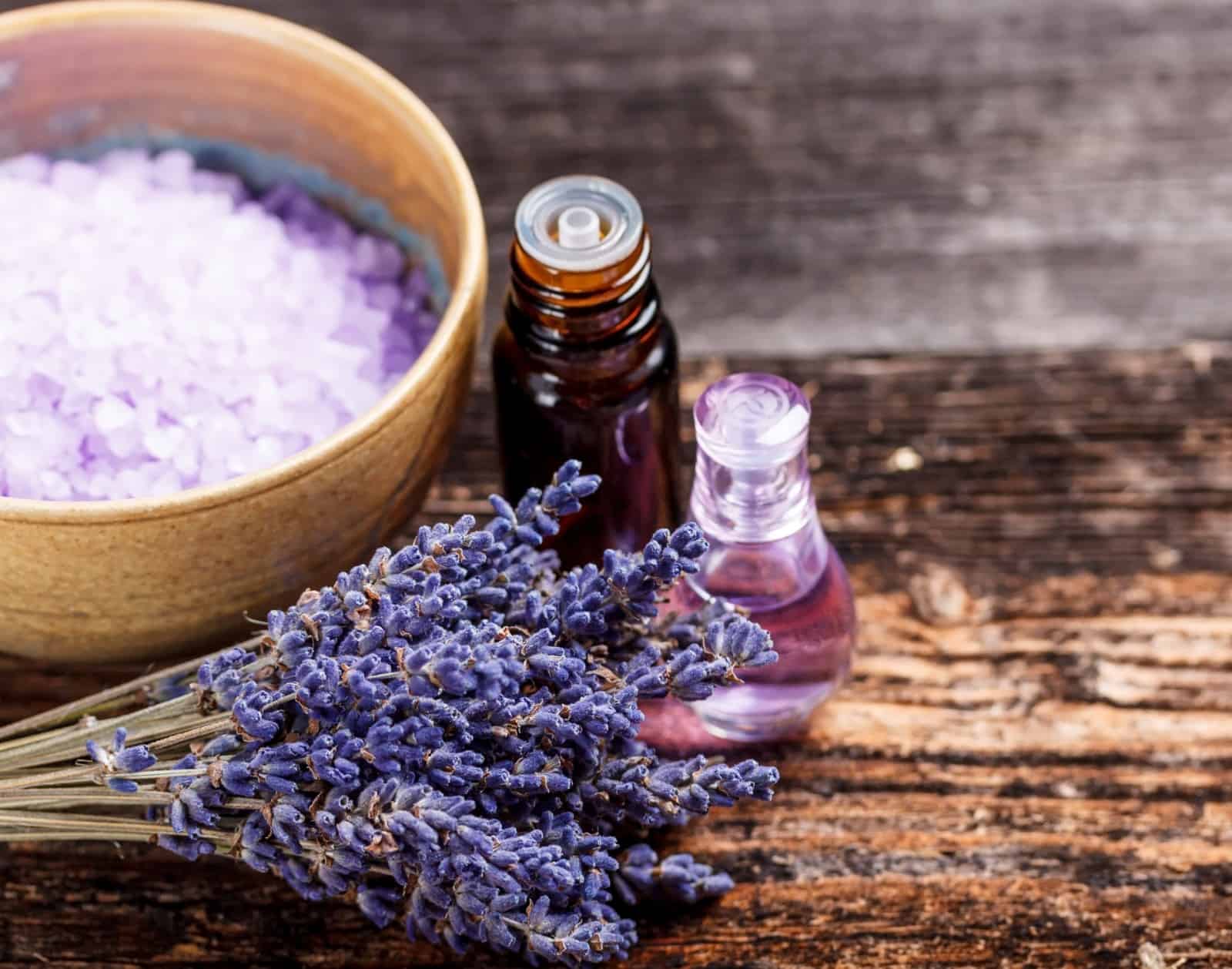You’ve probably heard a thing or two about essential oils but weren’t sure why they are considered so helpful when it comes to reducing stress, improving focus and overall sense of wellness. Essential oils are the natural distilled aromatic oils from particular parts of plants. That means the part of the plant that provides its fragrance has been distilled down and combined with another oil. But how does this do anything useful other than just give a nice smell? Let’s find out.

The fine aromas of many-many plants have been discovered to affect people and even animals in ways that soothed ill health symptoms or encouraged good health. These oils can be absorbed through the skin or by inhalation, and they then stimulate various parts of the brain.
Since the brain is designed to regulate the body on many levels, from pain management to sleep inducement, essential oils can assist in improving the brain function.
How Essential Oils Improve Your Wellbeing
Essential oils soothe symptoms of anxiety, breathing problems, high blood pressure, and compromised immune systems. Essential oils like lavender or lemon stimulate the olfactory centers of the brain, the areas that produce pleasure hormones, and those areas that help control other systems like the kidneys which affect blood pressure.
Studies have sometimes been inconclusive because double-blind tests are difficult when working with easily identified scents. However, some studies have been able to pinpoint results from using essential oils to control headaches or high blood pressure among other results.
Anecdotes based upon personal experience often serve as the information that convinces other people to try essential oils. This is usually not an issue because most of the time essential oils have no serious side effects. Some like cinnamon can be potent and need to be mixed with another carrier oil in order to apply it to the skin safely. Using essential oils is something you need to discuss with your doctor because they can interact with prescription medications.
Essential oils stimulate senses, brain functions, and metabolism. For instance, lemon is an oil-of-all-trades, so to speak. It is a mild and safe oil to use. It lifts moods, improves focus, affects blood pressure when applied to the soles of the feet, and cleanses the skin where infections may be present. Tea Tree oil boosts the immune system. Peppermint eases stomach aches but also builds energy and mental focus. Others treat skin conditions, assist lactation, aid digestion, and so on.
An Ancient Knowledge about Essential Oils Made Modern
Essential oils had been in common use among ancient peoples who learned how to tap into the healing powers of the natural world around them.
Many modern societies have used oils extensively as well. In Western medicine, however, much of that knowledge was lost. As a result of the rise of prescriptions and pharmaceutical research (which is often derived from natural entities), anything that appears to be different is often regarded with suspicion. This prejudice has been changing for the better as research and experience have added to a common understanding about essential oils.
The experience of essential oil advocates does include research that has been successfully reproduced. Organizations have been developed from businesses that sell oils in a variety of concentrations to facilities that promote knowledge and further research into the uses of essential oils. One of these is the groundbreaking research of Young Living Foundation, founded by the late Gary Young. This is one of many organizations that provide essential oils within the framework of greater knowledge about healthy living. Entire communities have experienced better living through lifestyle changes that included using essential oils.
This continuing success demonstrates that many people have found a great deal of helpful health-boosting effects from this newly recovered knowledge. Essential oils still have to build their reputation in some areas of Western society, but their effectiveness speaks for themselves. Give it go.
photo source | pexels + giphy

